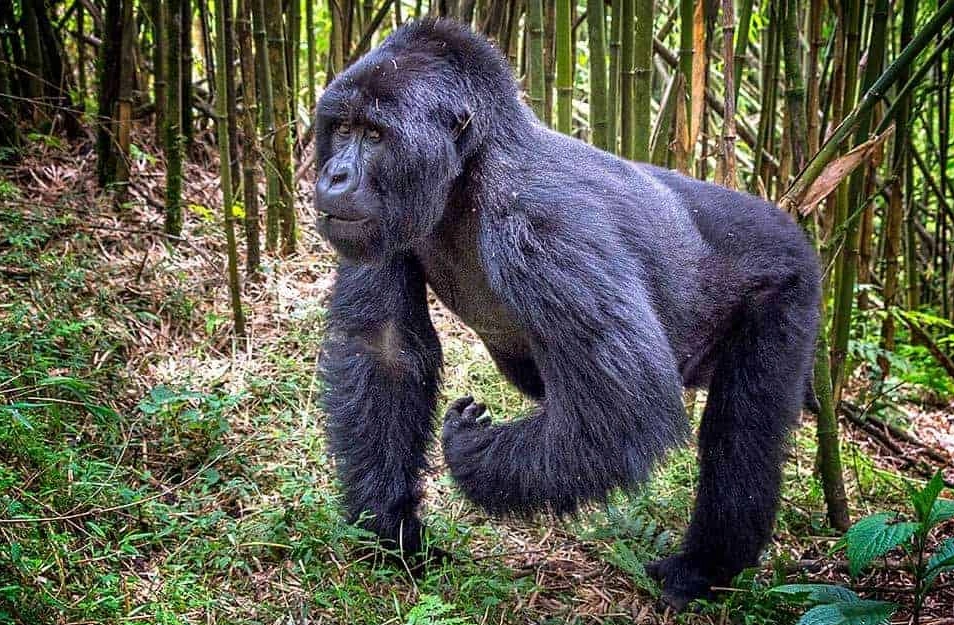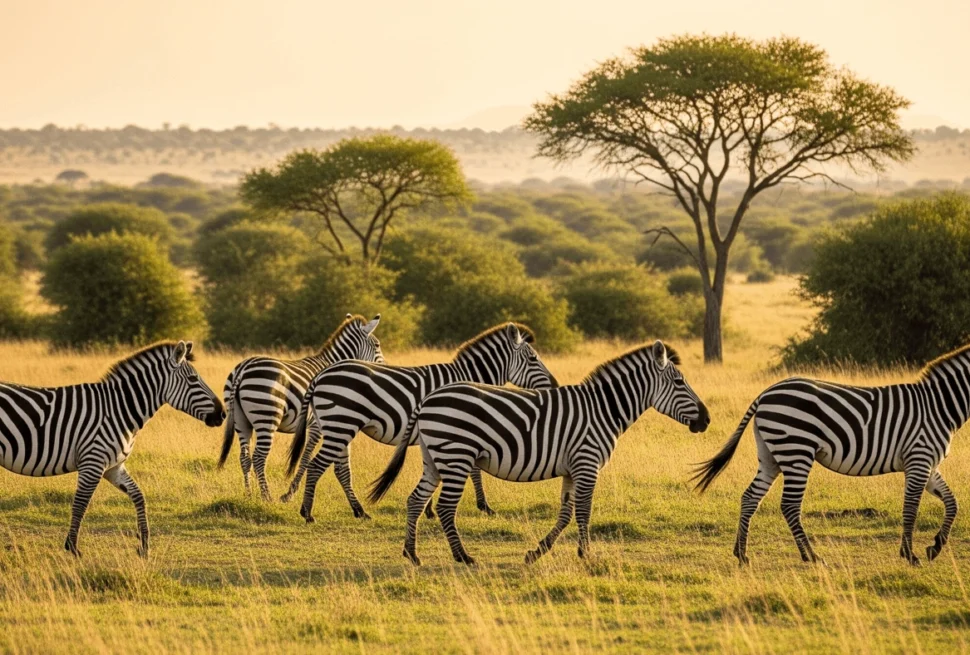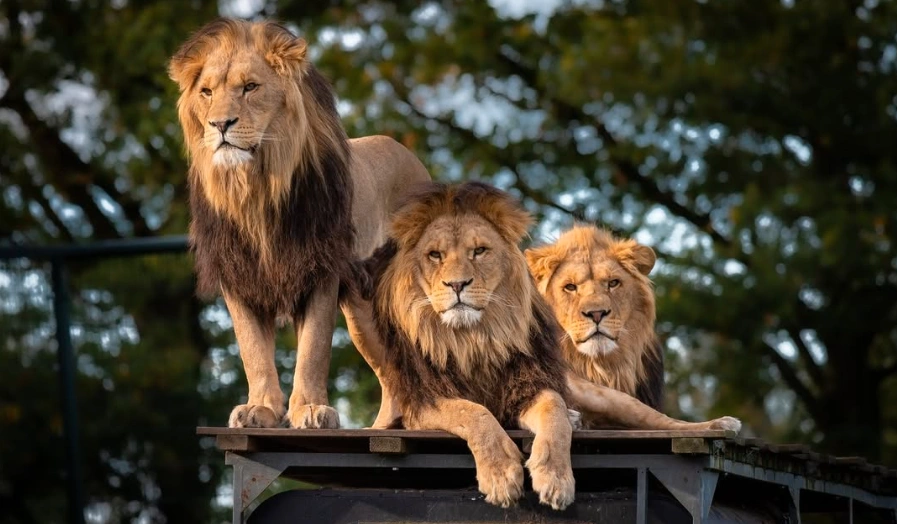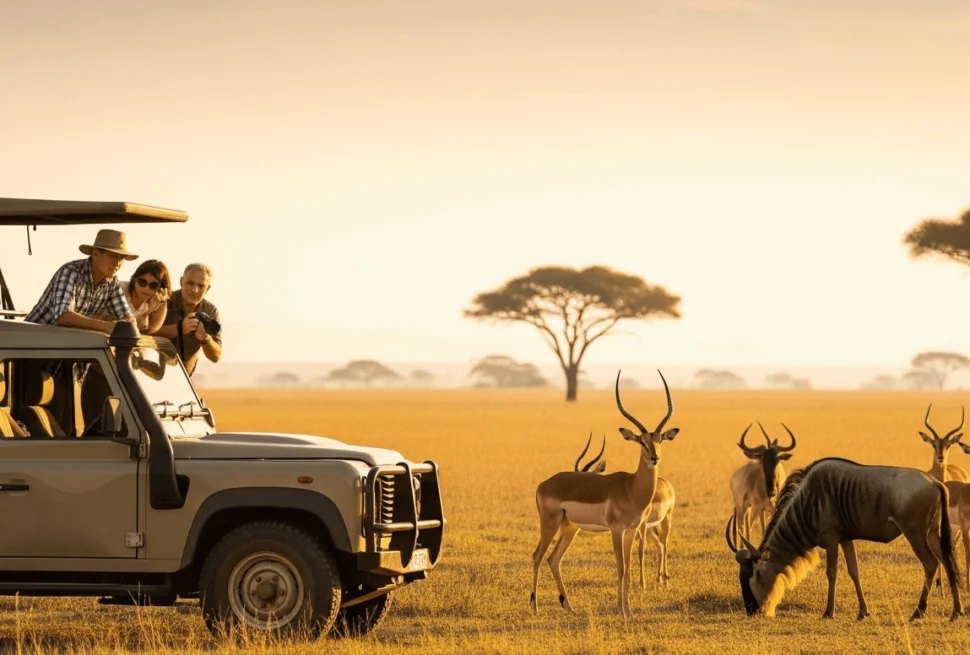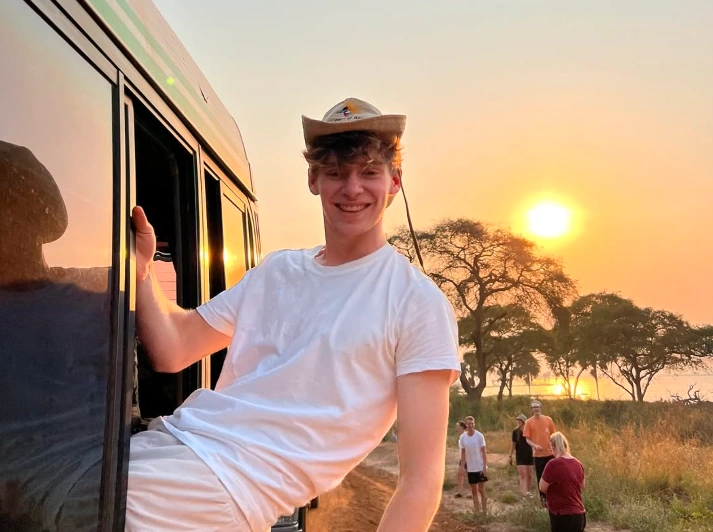Some travelers thrive on spontaneity. They like to land in a country and figure things out as they go. But when it comes to gorilla trekking in Uganda, this strategy can backfire—hard.
Gorilla permits are tightly controlled, limited in number, and often booked out months in advance. But does that mean last-minute bookings are impossible?
Not quite. The story is more complicated than most travel blogs will admit. Sometimes there are gaps, cancellations, and off-season windows that open unexpected doors.
Sometimes you can slip in—but the cost of waiting might be steeper than you think.
Let’s dig into what’s really going on behind the glossy “always plan ahead” advice.
Key Takeaways
- Last minute gorilla permits in Uganda are rare but occasionally available.
- Success depends on season, group size, location flexibility, and pure luck.
- Permit availability is influenced by cancellation patterns and lesser-known tracking sectors.
- Risk of missing out is high—especially for popular months like July and August.
- There are smarter ways to approach last-minute safaris without gambling everything.
Why Gorilla Permits Are Hard to Get at the Last Minute
Uganda issues a limited number of gorilla permits per day. Each permit is tied to a specific gorilla family in a specific tracking sector. This isn’t a marketing trick—it’s a conservation necessity. The low daily cap helps protect the gorillas from stress and overexposure.
This structure leaves little room for walk-ins. Unlike booking a boat cruise or a game drive where supply is flexible, gorilla trekking is capped and carefully monitored.
But here’s the catch most tourists miss: the real bottleneck isn’t just the number of permits—it’s the concentration of demand in just a few popular parks and seasons.
When Last Minute Permits Might Be Available
1. Shoulder Seasons Offer Openings
Permits tend to free up in March, April, May, and November—months that many travelers avoid due to heavier rains. But the rain isn’t constant, and these months often offer cheaper rates and fewer crowds. If you’re comfortable with some mud, this can be your window.
2. Small Groups Have Better Odds
If you’re traveling solo or as a pair, you’re more likely to snag a last-minute cancellation than a group of five. Larger groups almost always need to book early.
3. Mid-Week Treks Are Less Competitive
Weekends book out fastest. Mid-week slots—especially Tuesdays and Wednesdays—can sometimes be overlooked.
4. Lesser-Known Sectors Might Save You
Most people zero in on Bwindi’s Buhoma sector. But other sectors like Rushaga and Nkuringo, or even Mgahinga Gorilla National Park, sometimes have quieter availability. If you’re open to trekking in less trafficked areas, your chances improve.
Consider reading more about Bwindi vs Mgahinga for gorilla trekking to weigh your options carefully.
What Happens If You Gamble and Lose?
If you arrive in Uganda hoping to book a last-minute permit and find none available, you’re stuck. You might pivot to chimpanzee trekking in Kibale or visit the Ngamba Island Chimpanzee Sanctuary as a fallback—but the gorilla experience is irreplaceable.
And missing out hurts. It’s not just about logistics—it’s about emotional stakes. People fly across the world for this. Leaving without seeing gorillas stings.
You can sometimes pick up permits from other tourists whose plans have changed, but this is a gamble. If you want to understand how cancellations and permit swaps actually work, our guide on What Happens If You Miss Your Gorilla Trekking Safari? dives deeper into this uncomfortable scenario.
Can a Good Safari Operator Help?
Yes—but even the best operators can’t pull permits out of thin air.
A well-connected safari company might track cancellations aggressively and have insider knowledge about permit movement. Some keep waiting lists or maintain relationships with on-ground park staff. This helps, but it’s not a guarantee.
If you’re considering booking last-minute, you’ll need an operator who is both fast and honest about the risks. We’ve seen too many agents promise miracles and deliver disappointment.
If you’re planning your trip now, you can get ahead by reviewing our advice on how far in advance you should book a safari.
Smarter Alternatives to Last-Minute Scrambling
- Book shoulder season treks intentionally, not as a fallback. You might score better rates and have more flexible options. Read our guide on the best months for gorilla trekking to find your sweet spot.
- Be open to other parks and sectors. Mgahinga is often overlooked but offers stunning treks with fewer crowds.
- Consider chimpanzee trekking or gorilla habituation experiences. These have different permit structures and sometimes more flexibility.
- Use a trusted safari operator with a real-time handle on permit availability. Self-booking is risky in this scenario.
When it comes to gorilla trekking, flexibility can sometimes work—but preparation almost always wins. If you’re hoping to trek with mountain gorillas soon, don’t leave it to chance.
Request a quote today, and let’s help you secure the right permits before your window closes.
Frequently Asked Questions
Can I buy gorilla permits directly at the park?
No. Permits must be secured in advance through the Uganda Wildlife Authority or a licensed tour operator. You cannot walk up and buy one at the gate.
Are last-minute permits cheaper?
No. Permit prices are fixed by the Uganda Wildlife Authority. Discounts are rare and typically tied to off-season promotions, not last-minute deals.
Is it easier to get last-minute permits in Rwanda?
No. Rwanda permits are even more competitive, and their higher price point doesn’t guarantee easier access. Check out our Uganda vs Rwanda vs DRC gorilla trekking comparison for a fuller breakdown.
What if it rains? Can I cancel?
Gorilla treks happen rain or shine. Permits are non-refundable unless extreme conditions force park closures.
Are last-minute permits ever fake?
Sadly, yes. Some scammers sell fake permits to desperate travelers. Always work through reputable operators or directly with the Uganda Wildlife Authority.

